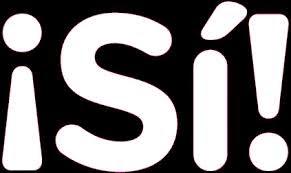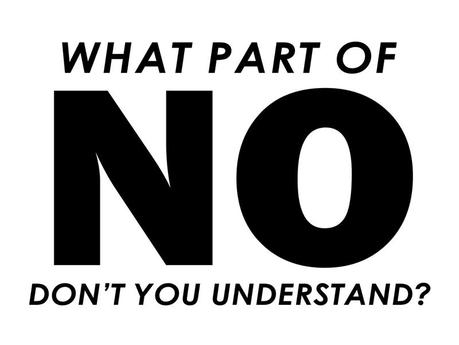 Sicuramente i puristi della lingua storceranno il naso di fronte a questa sillaba usata nel linguaggio parlato. Non sono neanche certa sia diffusa in tutta Italia ma posso assicurarvi che nel linguaggio parlato viene usata spesso.
Sicuramente i puristi della lingua storceranno il naso di fronte a questa sillaba usata nel linguaggio parlato. Non sono neanche certa sia diffusa in tutta Italia ma posso assicurarvi che nel linguaggio parlato viene usata spesso.Di che cosa sto parlando?
Dell'espressione NI. Che cosa vuol dire? No e sì allo stesso tempo.
Personalmente la trovo un'espressione simpatica, se usata con spiegazione.
Certo se dite no è chiaro, se dite sì è chiaro, se dite ni almeno spiegatevi!
Poniamo che io stia cercando un libro e voi mi domandiate: " hai trovato il libro?"
Teoricamente le risposte possibili sono : " No" " Sì" .
Se vi dicessi ni?
Potrei aggiungere: "non l'ho trovato ma sono andata in quella libreria e l'ho ordinato" Così in questo modo intendo che non ho il libro fisicamente in mani e quindi dovrei dire " no, però presto l'avrò perchè me lo hanno ordinato e quindi avrei dovuto rispondere "sì".
Corretto o no vedrete che si diffonderà più di quanto immaginiate!
 Surely the language purists won't like this expression used in spoken language. I'm not even sure if it is widespread throughout Italy but I can assure you that in spoken language is often used. What am I talking about? NI expression. What does that mean? No and yes at the same time.
Surely the language purists won't like this expression used in spoken language. I'm not even sure if it is widespread throughout Italy but I can assure you that in spoken language is often used. What am I talking about? NI expression. What does that mean? No and yes at the same time. Personally I find it a nice expression, anyway it has to be followed by an explanation. Both if you say "no" or " yes" it is clear. If you say "ni" you should explain your idea! Let's say an example. I'm looking for a book and you ask me: "Have you found the book?" Theoretically the possible answers are "No" or "Yes". If I told you "ni"? I might add: "I have not found it, but I went to the book shop and I ordered it" . I mean that I do not have the book in my hands - then the answer should be "no"- but I will have it soon because I have ordered it - then the answer should be "yes." Correct or not you will see how this colloquial expression will spread more than you can imagine!

